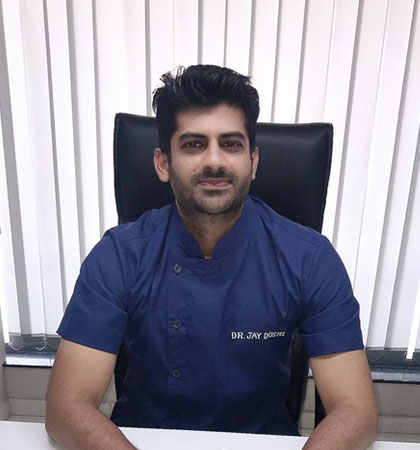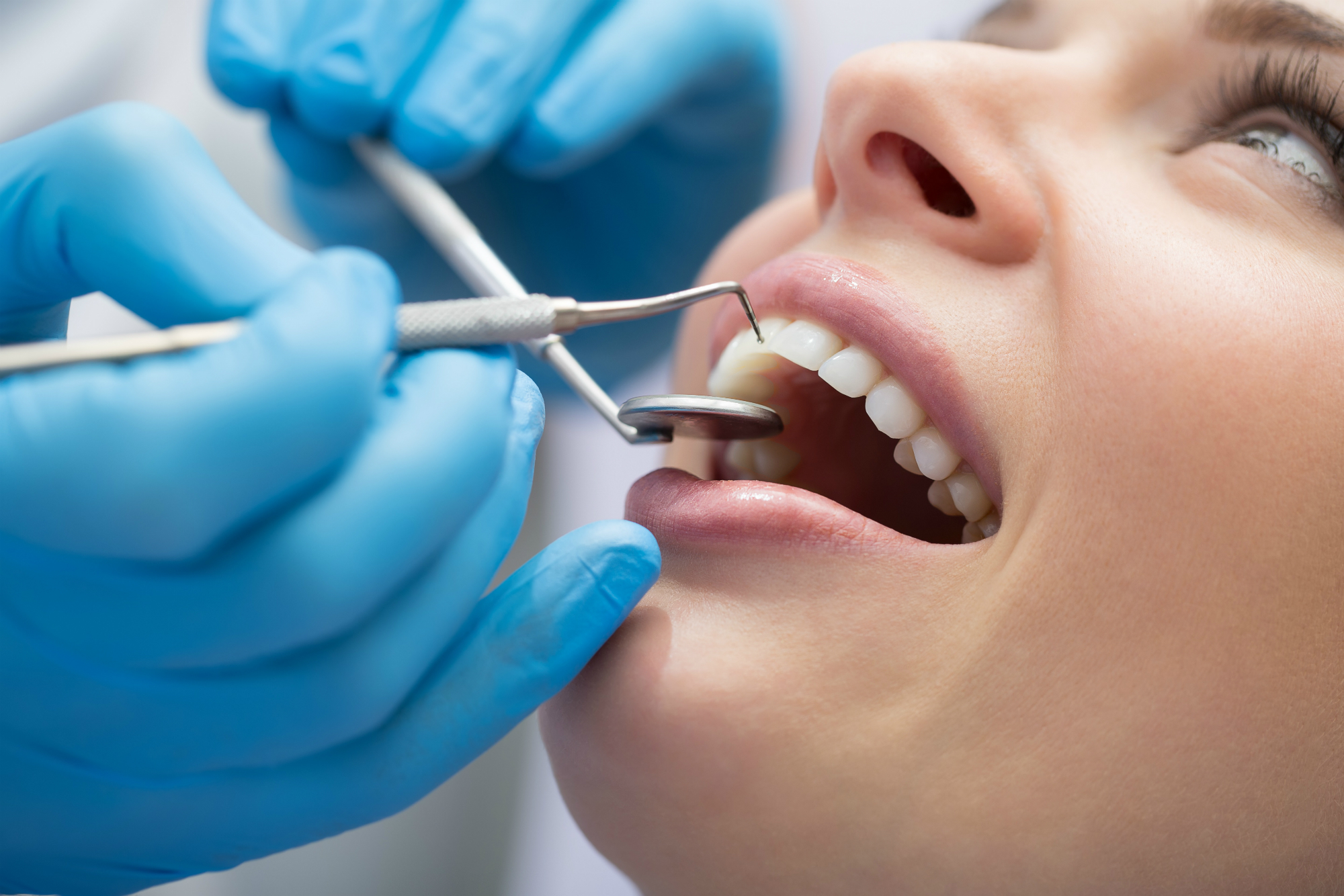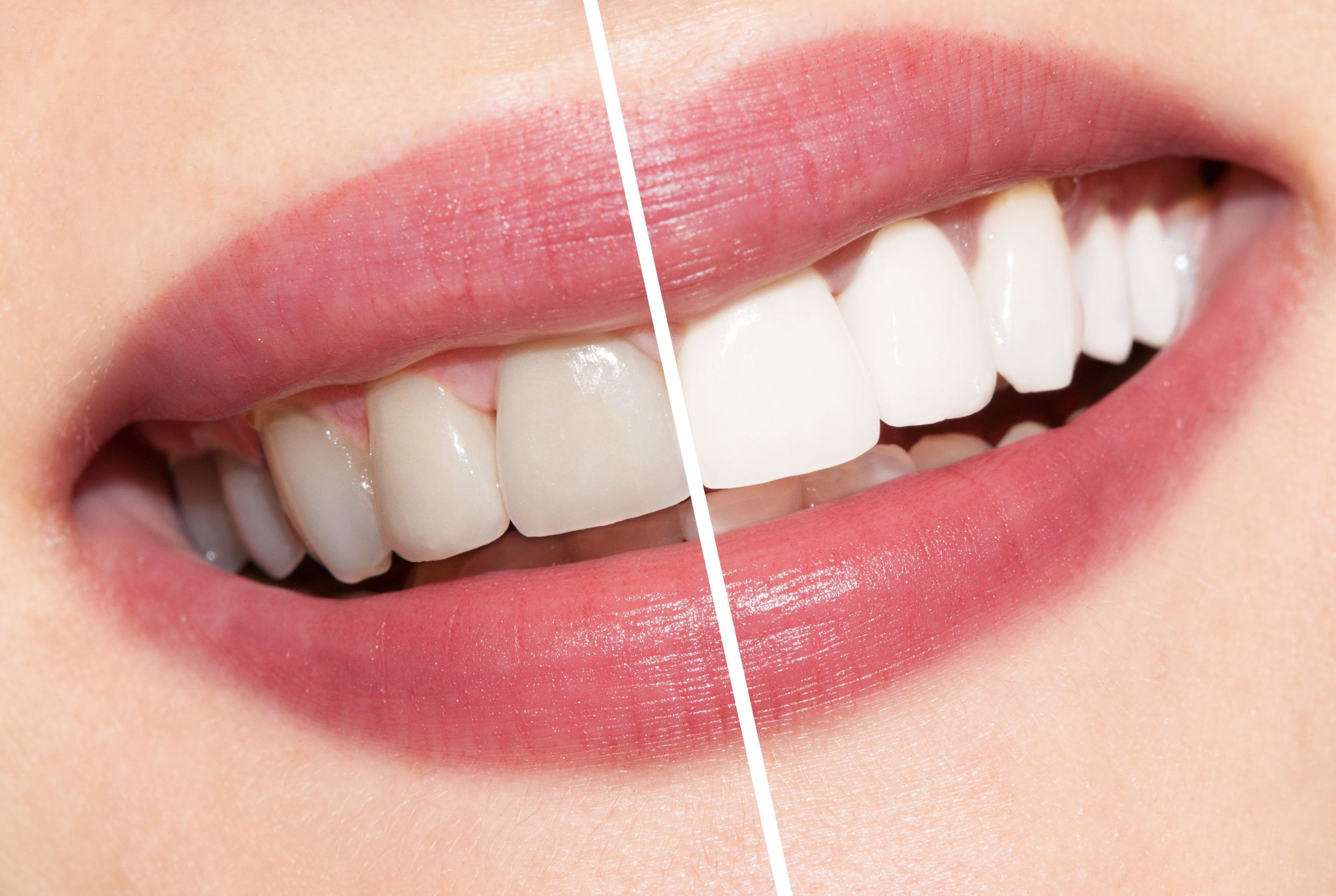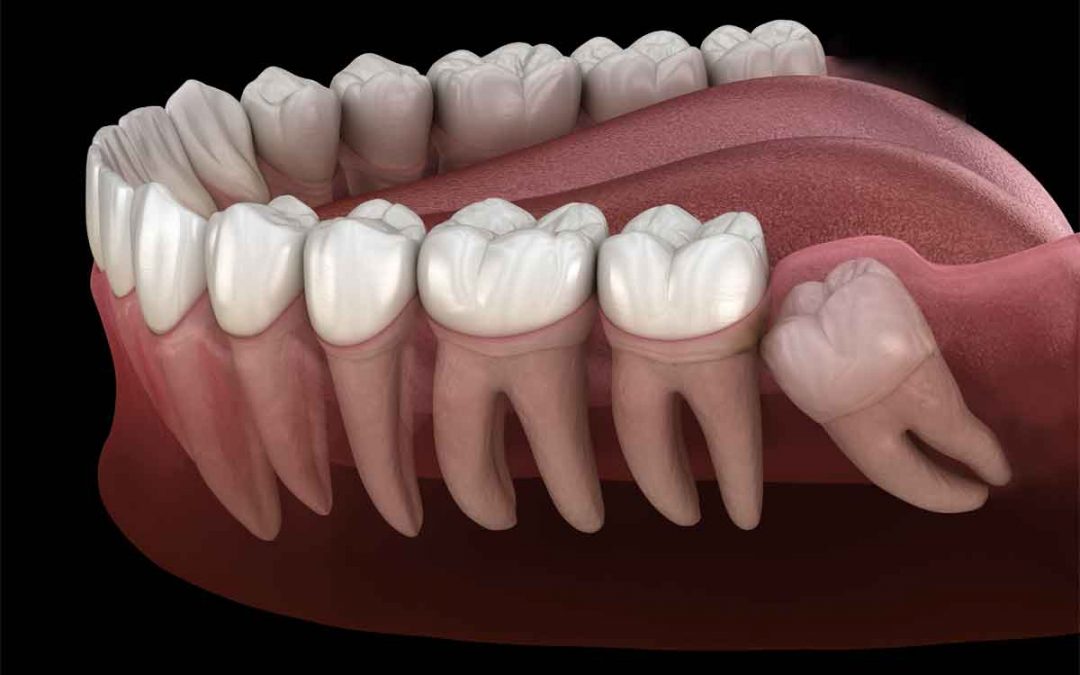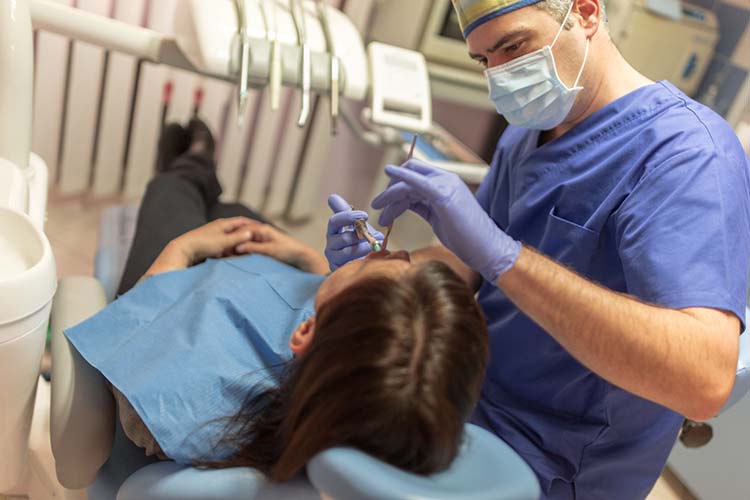
Minor Oral Surgeries
Oral and maxillofacial surgeons focus on treating problems related to the hard and soft tissues of the face, mouth, and jaws (the upper jaw is referred to as the maxilla). While they sometimes work in a hospital, their practices are more often located in comfortable office settings.
IMPACTED TEETH /WISDOM TEETH :
Wisdom teeth otherwise known as third molars, are the last set of teeth to develop. SOMETIMES ,one or more of these third molars fail to emerge in proper alignment or fails to fully emerge through the gum line and becomes entrapped or “impacted” between the jawbone and the gum tissue. Impacted wisdom teeth can result in swelling, pain, and infection of the gum tissue surrounding the wisdom teeth .In addition, impacted wisdom teeth can cause permanent damage to nearby teeth, gums, and bone and can sometimes lead to the formation of cysts or tumors that can destroy sections of the jaw. Therefore, dentists recommend people with impacted wisdom teeth have them surgically removed.
IMPLANT SURGERY :
Dental implants are an option for tooth loss due to an accident or infection or as an alternative to bridges and dentures. The implants are tooth root substitutes that are surgically anchored in place in the jawbone and act to stabilize the artificial teeth to which they are attached. Suitable candidates for dental implants need to have an adequate bone level and density, must not be prone to infection, and must be willing to maintain good oral hygiene practices.
Facial injury repair. Oral surgery is often used to repair fractured jaws and broken facial bones.
Lesion removal and biopsy: Oral surgeons can take a small sample of abnormal growth or tissue and then send it for laboratory testing for identification. Some lesions can be managed medically or can be removed by the oral surgeon.
Cleft lip and cleft palate repair. Cleft lip and cleft palate result when all or portions of the mouth and nasal cavity do not grow together properly during fetal development. The result is a gap in the lip and/or a split or opening in the roof of the mouth. Oral surgeons work as part of a team of health care specialists to correct these problems through a series of treatments and surgical procedures over many years.
Facial infections. Pain and swelling in the face, neck, or jaws may indicate an infection. Infections in this area of the body can sometimes develop into life-threatening emergencies if not treated promptly and effectively. An oral surgeon can assist in diagnosing and treating this problem. Surgical treatment, if needed, may include cutting into and draining the infected area, as well as extracting any teeth that might be involved.
Frenectomy : Frena are small folds (also called “bands”) of tissue located in the mouth: under the tongue, inside the upper lip, inside the lower lip and connecting the cheeks to the gums. A frenectomy is a simple surgical procedure to loosen or release these bands. An oral and maxillofacial surgeon (OMS) typically performs a frenectomy to increase the range of motion of the tongue (removing the lingual frenum) or to close a gap in a patient’s upper front teeth (removing the labial frenum). Frenectomies can be performed via scalpel, electrosurgery or laser surgery.
Alveoloplasty :
An alveoloplasty is a surgical procedure that reshapes and smoothens out the jaw where a tooth or teeth have been extracted or lost.
When a tooth is extracted, the socket (the hole where the tooth was located) heals over the course of several weeks. However, once healed, the area may not be ready for a tooth replacement such as a denture, bridge or implant. The healed area is called an edentulous ridge, and it may be uneven or bumpy, which will not allow for a nice fit of the replacement tooth or teeth. Smoothing out the jawbone prepares the mouth for successful placement of the new, artificial tooth.


